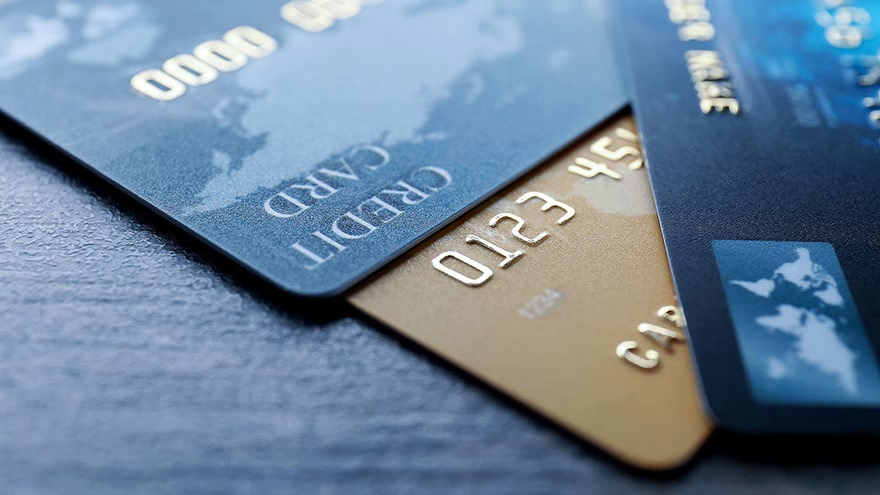How It Works
If you open a joint account with another person, you should consider both the advantages and the risks before you sign your name to the account. It's wise to remember that while it may be convenient, a joint credit card account is one in which both parties agree to be responsible for the charges no matter who actually makes the purchases.Both credit histories will be considered when you apply for credit. The way in which you and the cosigner manage the account either can improve each of your credit histories or damage it.
Advantages Of Applying For A Joint Credit Card Account
A major advantage of applying for a joint credit card is if one cardholder has no credit or bad credit. The cardholder with the better credit rating can help the other person build his or credit standing.Couples can benefit in the long term by increasing the credit scores of both, helping them to qualify for a mortgage that offers the best terms.

Disadvantages Of Joint Credit Accounts
Your credit score and your relationship can be damaged if you are unable to agree on how to spend the credit and pay back the debt. If you have good credit, but the other cardholder fails to use the credit card responsibly, you could end up with bad credit.When divorce enters the picture, the only way in which you will not be financially responsible is to pay the balance off and remove your name from the account. Because you applied for credit together, each of you is responsible for the debt; therefore, the outstanding balance will have to be paid in full before you can make any changes to the account.
Protecting Your Good Credit Score
When a personal or business relationship ends and the debt owed on a joint credit account is paid, either cardholder may close the account. Ask that the credit cards be canceled, and then reapply for credit on an individual basis.If you continue to maintain any joint credit accounts, make regular payments so that neither of your credit records will suffer. However, since one cardholder could potentially harm the credit of the other card signer, financial experts recommend right away closing any joint accounts when a relationship ends. The concern is that either party could keep charging if the account remains open.
Financial Responsibility
As long as a joint account remains open, either cardholder can continue to make purchases, leaving the other equally responsible for paying any new charges incurred. Since a creditor who reports the credit history of a joint account to credit bureaus must report it in both names, you should write to your creditors, formally notifying them of the situation.Make it clear that once the balance is paid in full, the account is to be closed. Request that each credit card company provide you with a current statement of the account. Make the creditor aware that you do not intend to be held liable for any charges made after the date of the written letter. Send the letters by certified mail so that you have proof of receipt by the creditors.
You Might Also Like :: How to Get Quick Credit Recovery
Save for later
Found this helpful?
Pin this article to your Pinterest board and come back to it whenever you need a reminder.
Save to Pinterest


